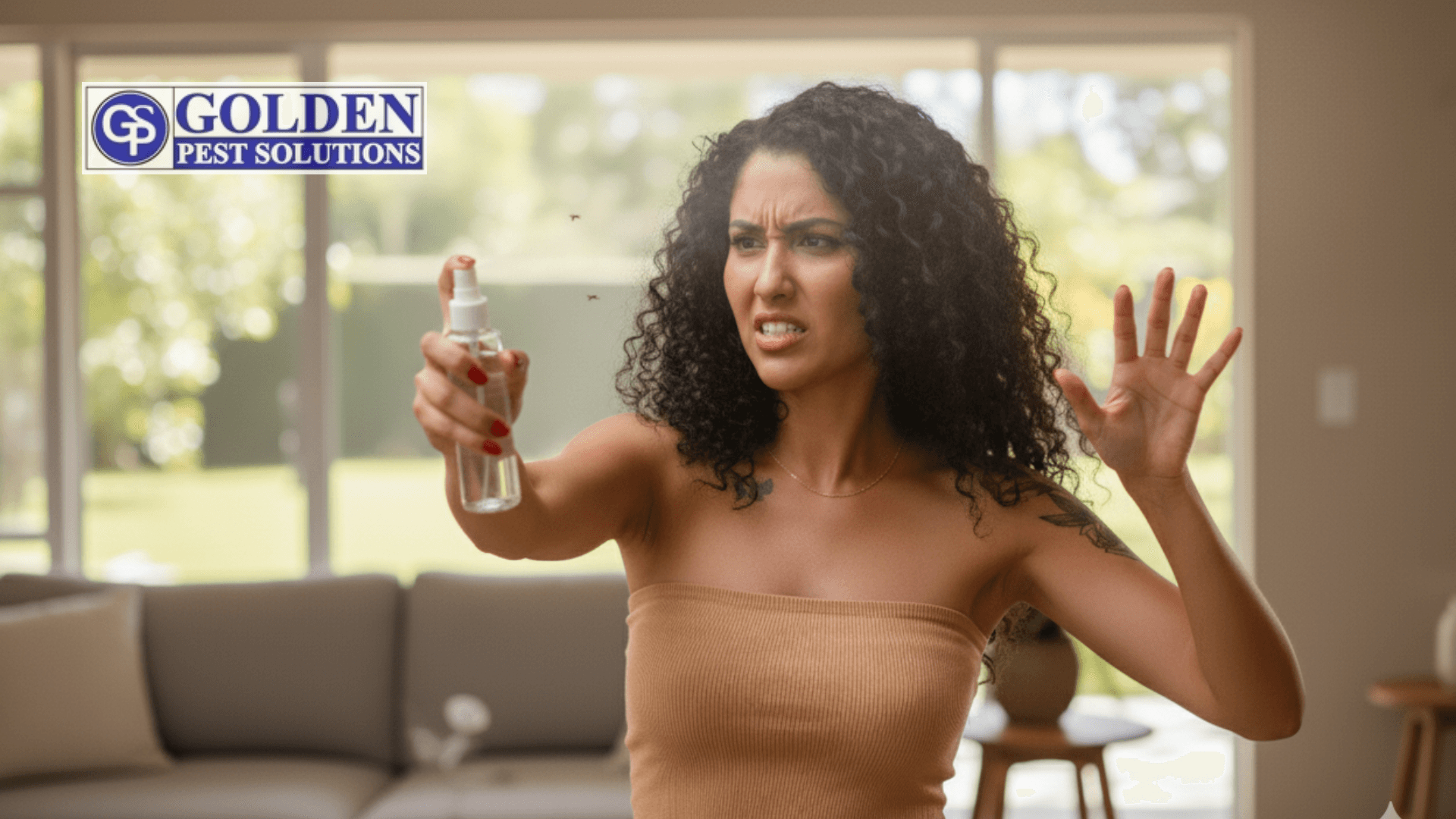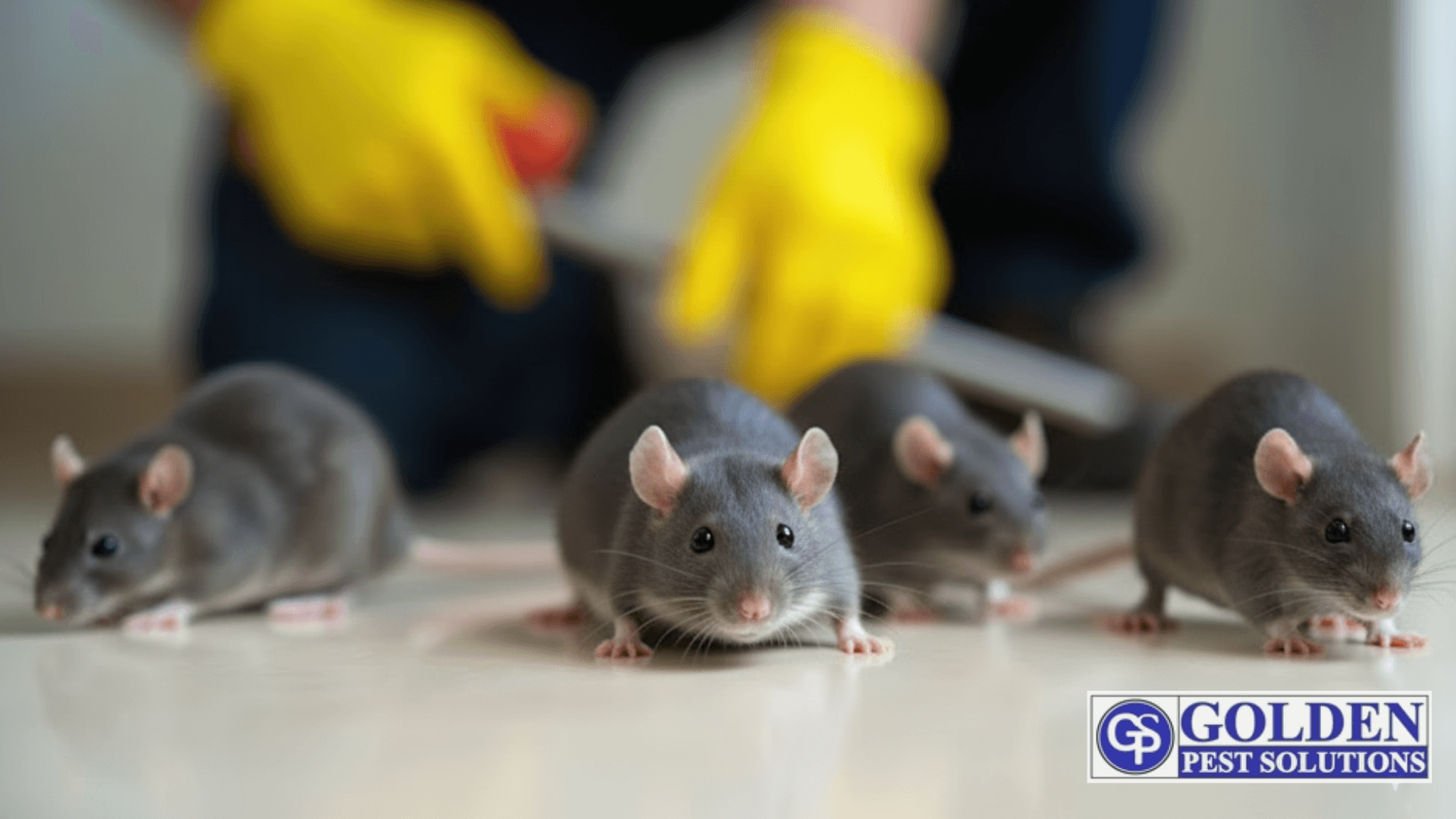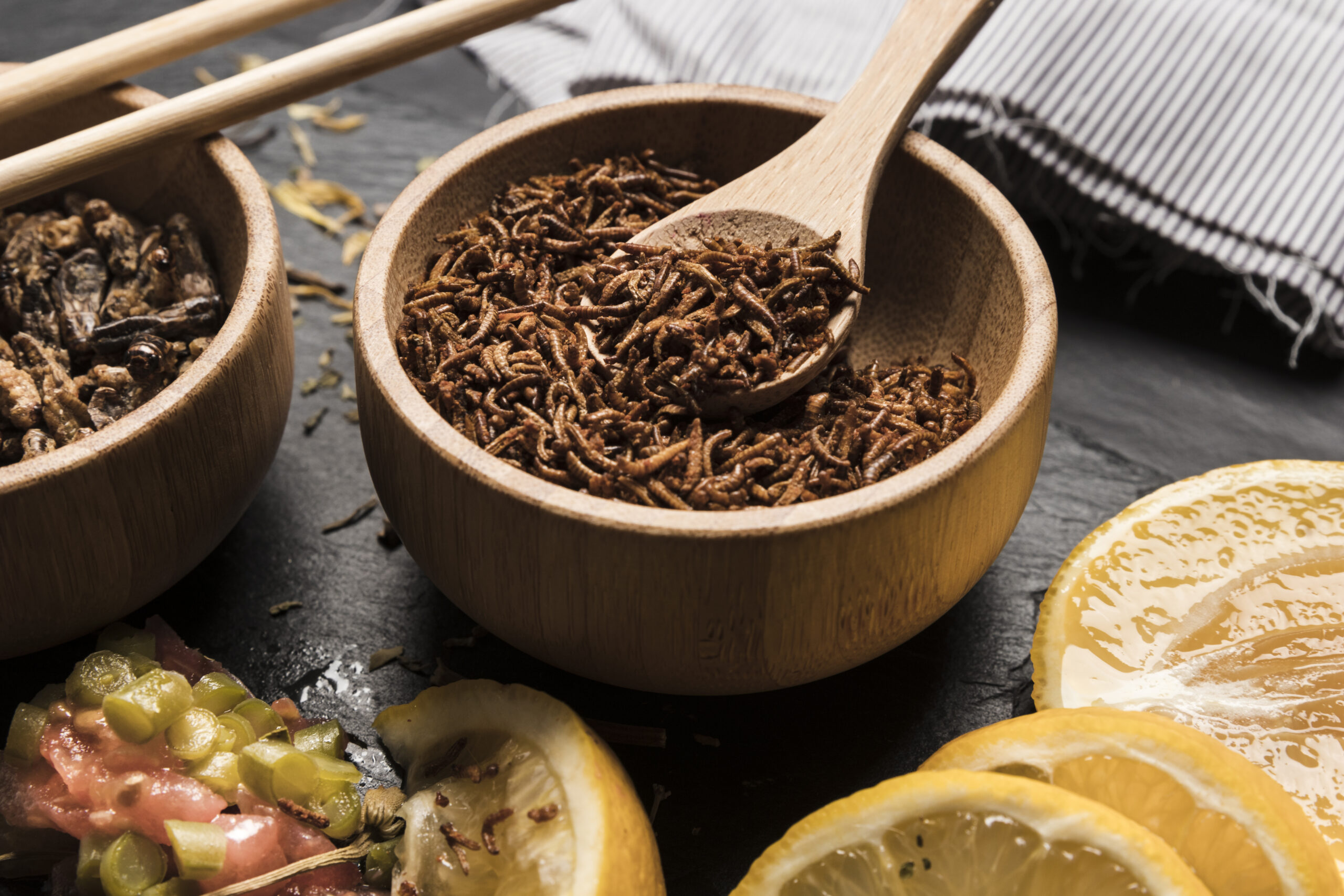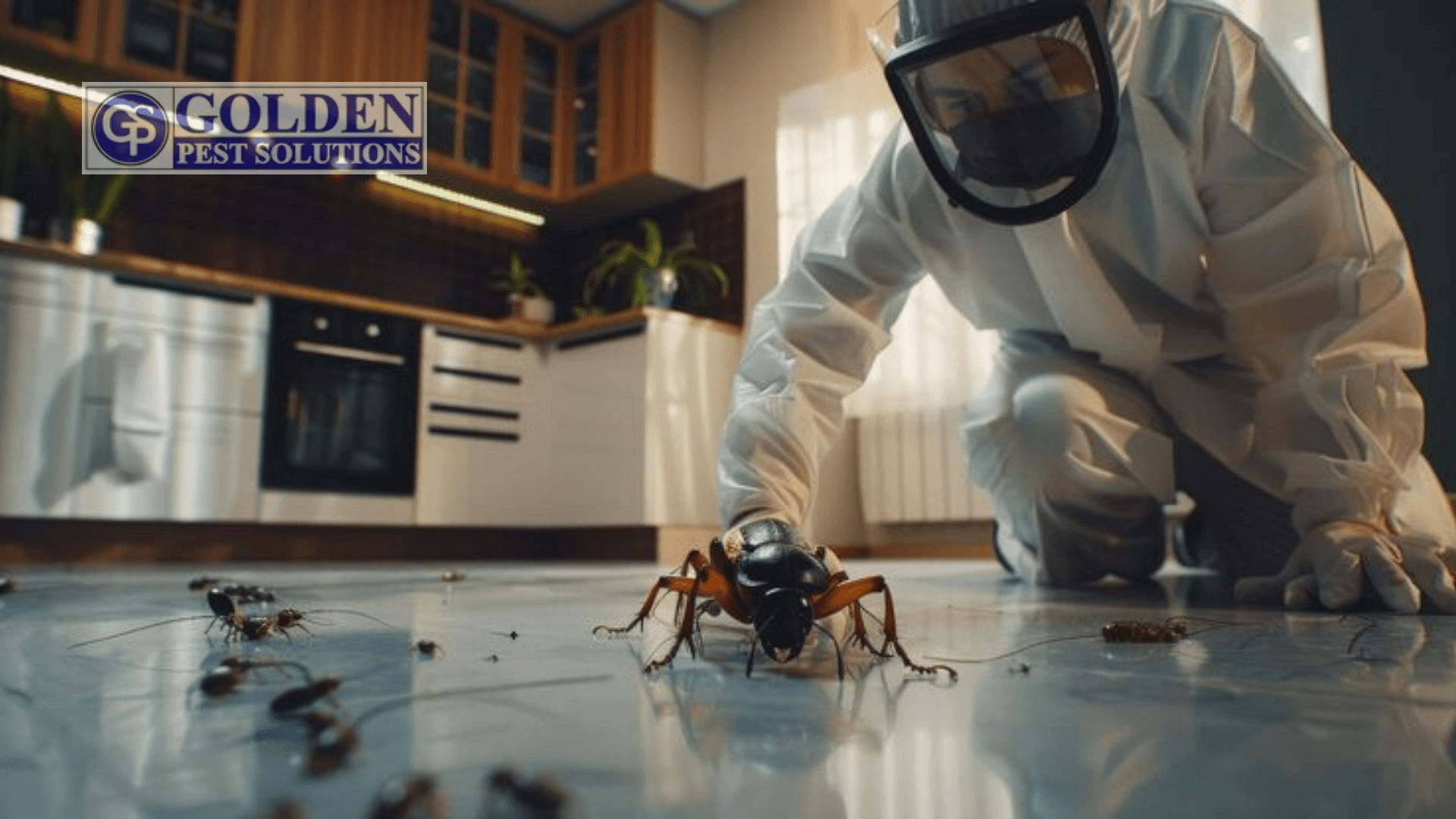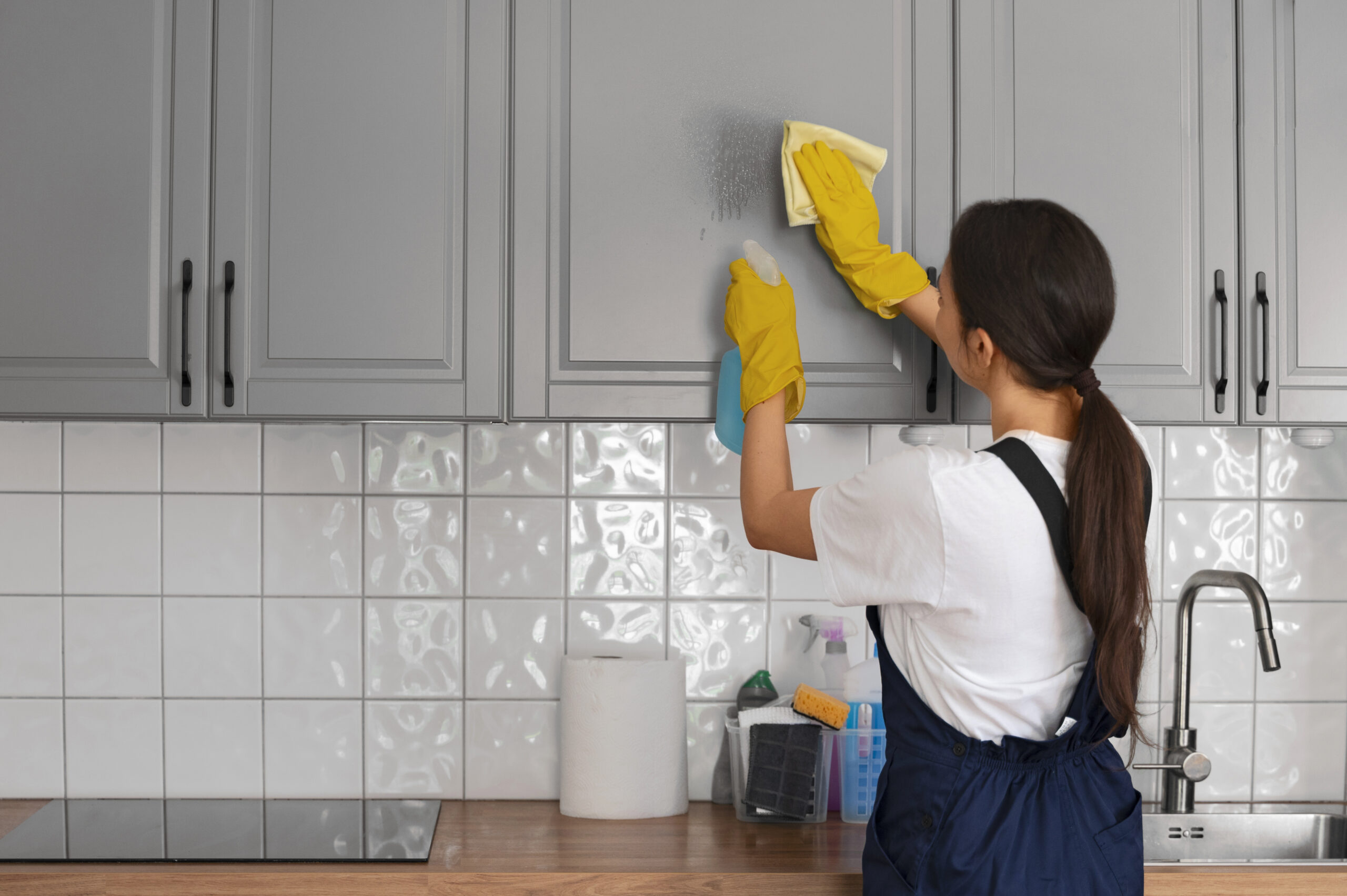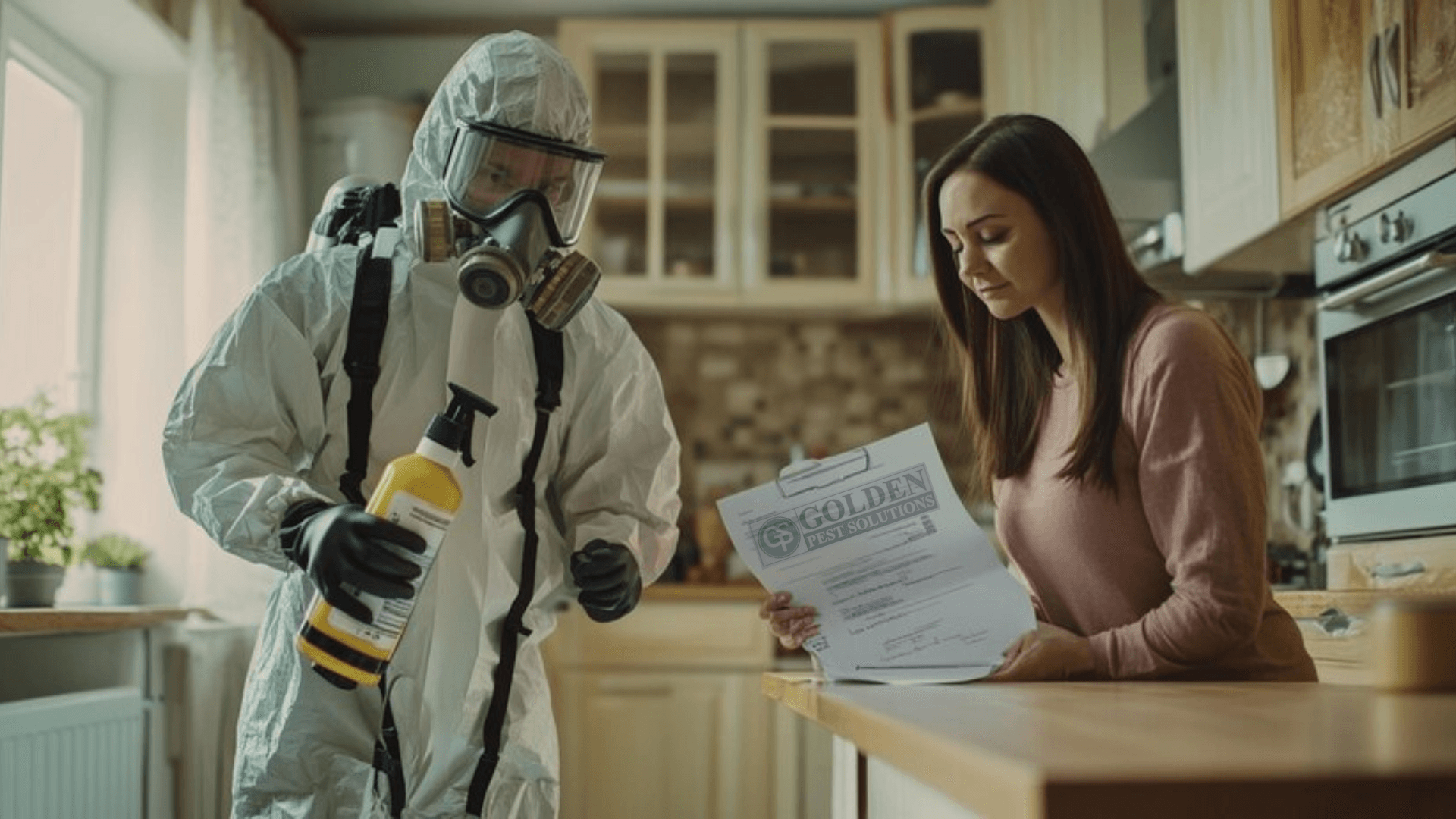What poison does Commercial Pest control use?
Commercial pest control companies provide cleanliness and safety in places like offices, restaurants, hospitals and shops through the extermination of bugs and pests. The bugs are not just problems; pests like fleas, cockroaches, and termites also can have very adverse effects if not treated in time. Pests can make a person sick, can destroy assets, and can ruin the reputation of a business.
To ward off pests, pest control experts often use powerful chemicals known as poisons or, in this case, “chemical treatments.” These specially designed chemicals quickly and safely eliminate pests.
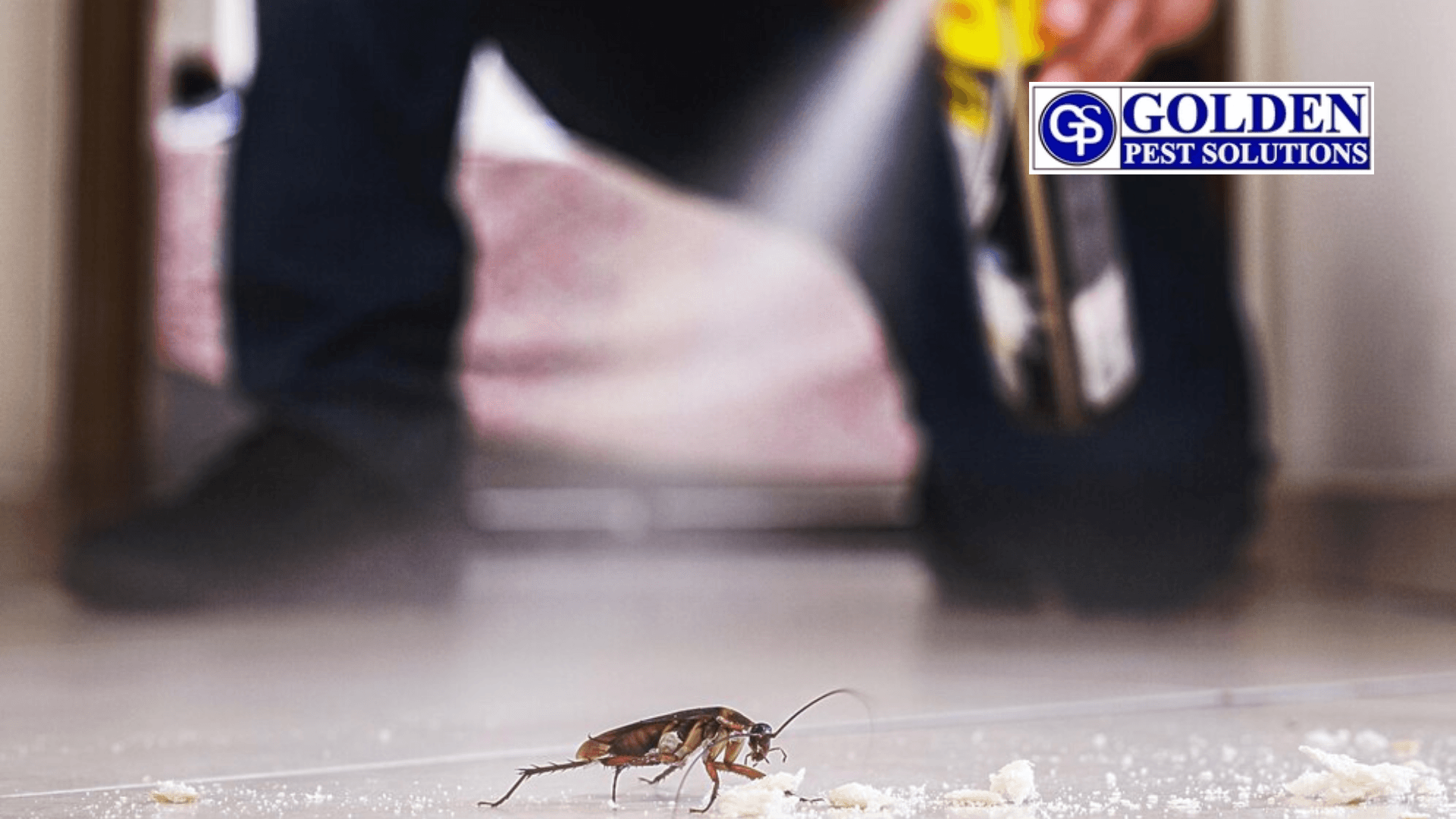
What is the chemical treatment for pest control?
A chemical treatment is that stage of pest control where people apply specific sprays, dusts, gels, or baits with pesticides. Unlike store-bought pesticides, these are much more powerful. Only licensed professionals can use these, as they need to be trained and handled with care.
Exterminators do not just come in and spray pesticides all over the place. They do an inspection first in order to determine what type of pest they are dealing with and where it is located. After that, they choose a pesticide appropriate for the task. In some cases, they might use multiple pests to treat the area in order to ensure that every pest is eliminated.
There are two main types of chemical treatments:
- Fast-acting poisons are those that kill pests within a couple of minutes.
- Slow-acting poisons are those that take some time to work but, when they do, they eliminate multitudes of pests spread throughout the colony.
According to the safety practices of pest control workers, people, animals, and the environment should not be put at risk.
What is the strongest termite chemical?
Termites are small insects, which feed on wood. They can infest the floors and walls of a building and, before one realizes, the entire building can be destroyed. This is the reason as to why termites need to be dealt with as soon as possible.
To exterminate termites, pest control professionals usually turn to Fipronil. This potent pesticide kills the termites by severely damaging their nervous system – the central mechanism that governs their locomotion within the colony. Termites are killed through touching or ingesting Fipronil. The clever part is that termites that meet Fipronil bring it back to the nest and disseminate it to others. This is regarding the so-called “transfer effect,” which helps in exterminating the whole colony.
Imidacloprid is another of the traditional sort of device termiticides. It affects the neuroanatomical structure of the termite, but at a much slower pace. That is advantageous since the pest has sufficient opportunity to get back to the nest and disseminate the poison. Pest control professionals usually inject this chemical into the soil around a building or apply it directly to wood.
Both Fipronil and Imidacloprid serve to maintain structures for an extended duration while simultaneously blocking termite infestation.
What chemical kills roaches instantly?
Cockroaches serve yet another universally disliked domestic bug, especially in establishments that deal with food like hotels and restaurants, which serve food. They serve as disease vectors, which make people sick.
Cypermethrin is a chemical pest control experts employ to eliminate cockroaches quickly. A poison works within minutes by destroying a roach’s nervous system. Experts tend to spray it in places where cockroaches generally like to lurk such as behind fridges, under sinks, or even inside dark corners. Apart from killing cockroaches instantly, Cypermethrin also ensures no new intruders will arrive because of its effectiveness weeks after the initial attack.
Another slightly less effective form of poison is Hydramethylnon. This works slowly and is infused in gels or baits. After consuming the bait, cockroaches retreat to their hiding spots only to later share it with other roaches. This helps eliminate a larger number of roaches over time due to the domino effect. This is extremely effective in eliminating infestations that sprays cannot reach.
Usually exterminators try to combine both slow and fast-acting pesticides to ensure that all cockroaches will be dead and no new ones will arrive.
What chemical kills fleas and their eggs?
Fleas are pests almost everyone can relate to. Remarkably agile, tiny insects that can bite animals and even humans. The cycle of just one flea is exceptionally remarkable, due to its ability to lay up to fifty eggs each day! This underlines the need to destroy not only the adult fleas, but also even more critically, their eggs and their larvae.
In order to exterminate adult fleas, pest control professionals use a chemical known as Permethrin. It is effective within minutes by destroying the neurologic functions of the flea. Experts apply it on carpets, furniture, pet beds, and other places where fleas are likely to be. It instantly eliminates fleas and provides immediate relief.
That is still not sufficient! To further prevent fleas from maturing and hatching, experts apply Insect Growth Regulators (IGRs). These are special chemicals with Methoprene and Pyriproxyfen. They prevent flea eggs from maturing into grown adults. These IGRs disrupt the life cycle of fleas and help avert any chance for future infestations.
To fully eliminate fleas, pest control workers often combine chemical treatments with vacuuming, steam cleaning, and regular follow-up checks.
Are these chemicals safe?
Yes, when used appropriately. Government bodies such as the EPA (Environmental Protection Agency) vet the chemicals used by pest control companies. Only highly trained professionals can purchase and utilize these potent chemicals.
The issuing authority has established guidelines that everyone, including pets and children, must follow to ensure safety.
Before using any chemicals of this nature, the experts properly barricade the area, don relevant safety gear, and allow people a ‘return time.’ They also select the most appropriate chemical so the treatment is effective and does not cause unnecessary damage to the ecosystem.
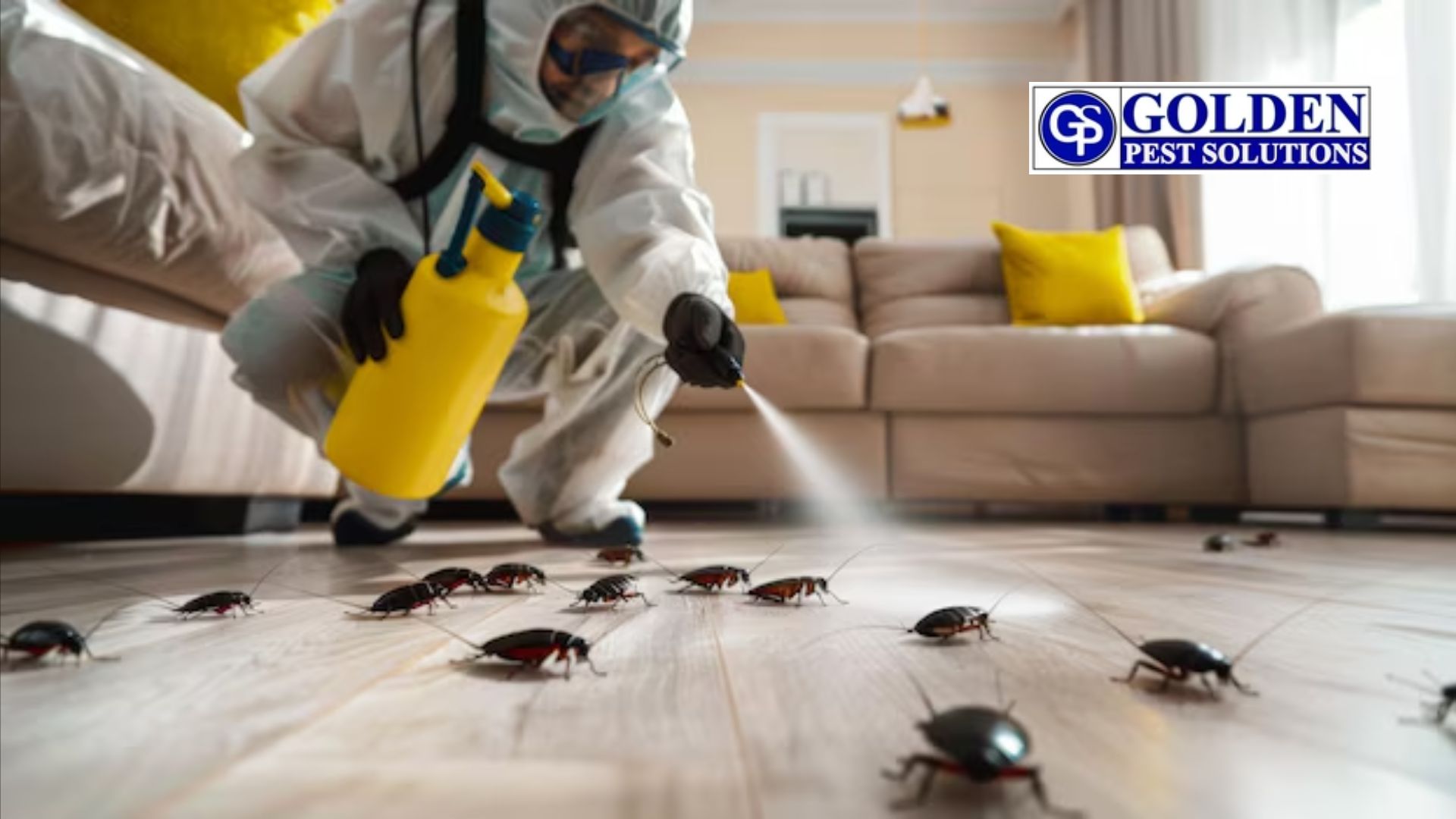
Conclusion
Keeping commercial establishments clean, safe, and free of pests requires effective pest control. Termites, roaches, and fleas are all common nuisances that, if not remedied, can lead to further complications.
Nevertheless, specialists control their growth using effective and safe chemical treatments. They employ a combination of acute and chronic poisons to eliminate the pests and prevent their return.
In the case of a pest problem, it is highly advisable to contact a professional commercial pest control service provider such as Golden Pest Solutions. Focus on your business while we take care of the unwanted intruders.



